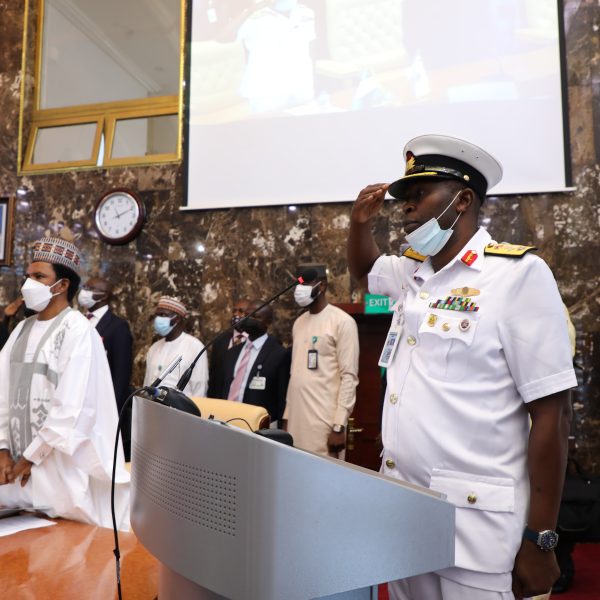
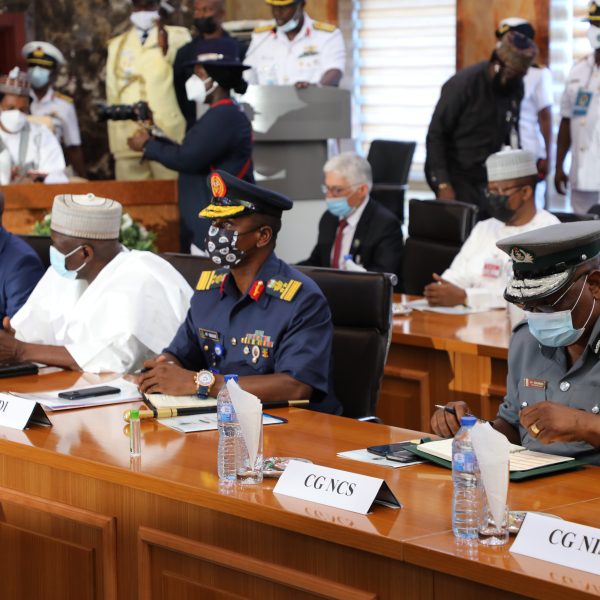
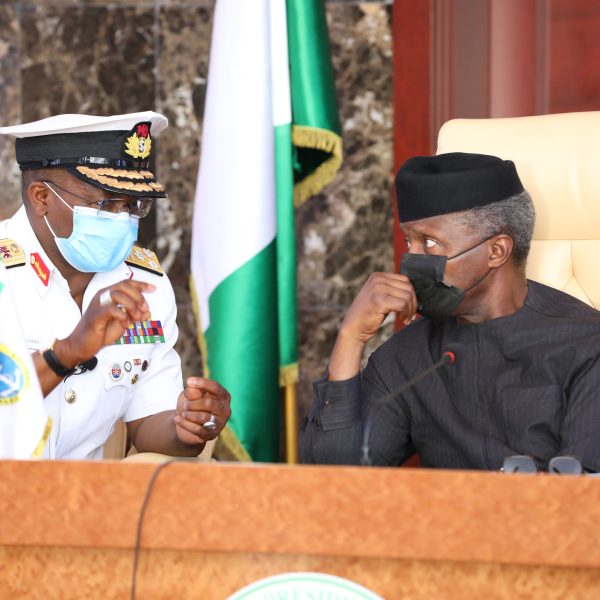
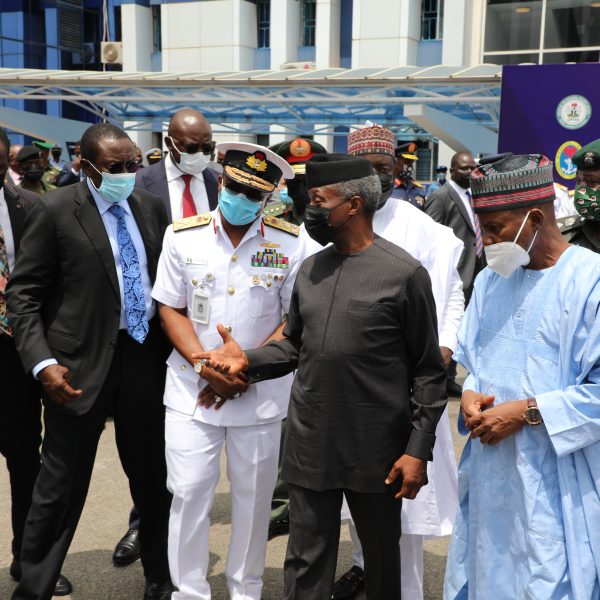
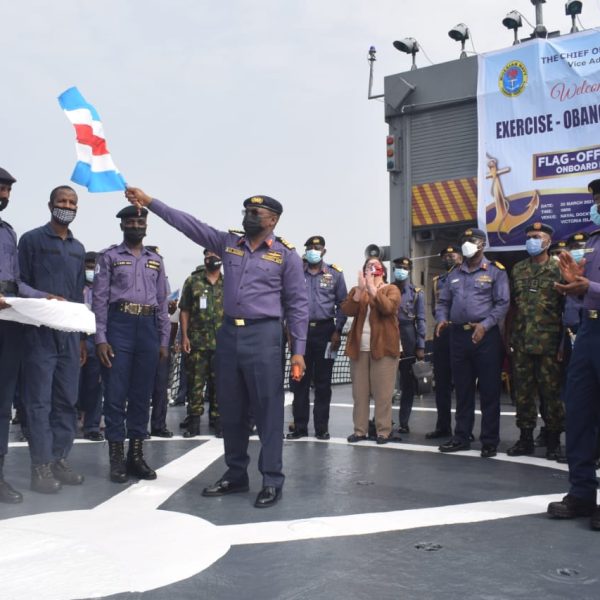
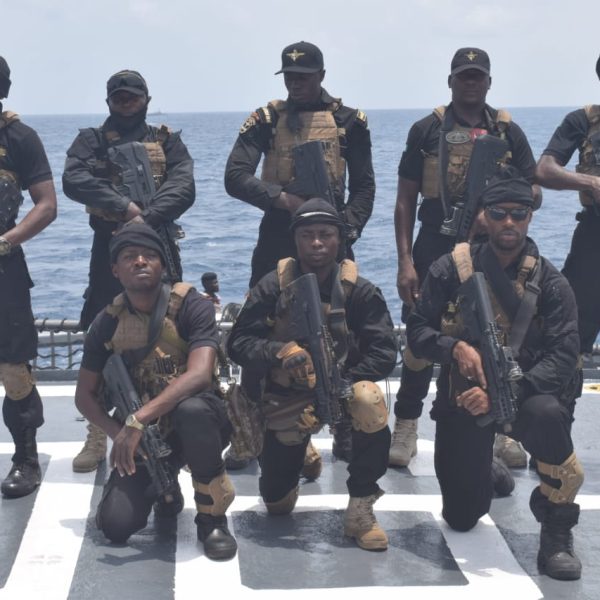
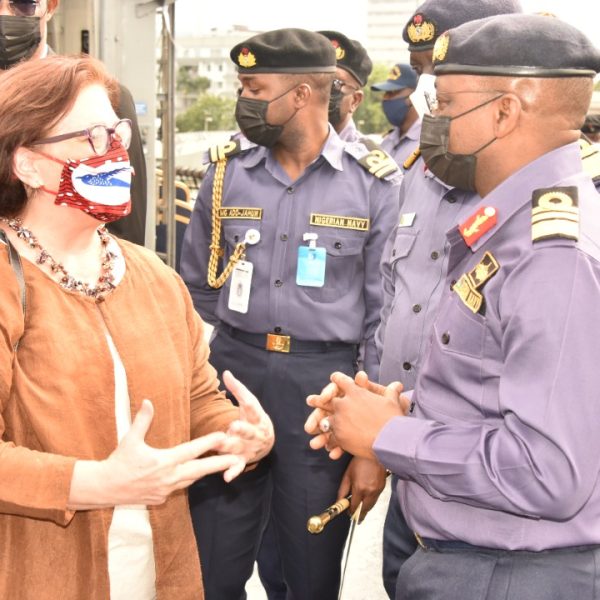
Growing local and international concerns about maritime security in Africa, especially the Gulf of Guinea, have prompted efforts to boost regional naval capacity. These efforts include increasing procurements of patrol vessels and installation of maritime domain awareness infrastructure by some African littoral nations, among others. These endeavours have underscored the interest and engagement of international players in the region and have provided a channel for strategic level engagements towards collaborative solutions to the maritime security challenges in the continent. The need for shared solutions and a common approach to the continent’s maritime problems led to the initiation of a Sea Power for Africa Symposium (SPAS) by Chiefs of Navies of Ghana, Kenya, Nigeria and South Africa at the International Sea Power Symposium held at Rhode Island, USA, in 2003.
The inaugural symposium (SPAS 2005) was held in Cape Town, South Africa, in Aug 05 and was followed by the SPAS 2006 in Abuja, Nigeria, in May 06. The third symposium (SPAS 2009) was again held in South Africa. The focus of these symposia had been the establishment of a collective approach to address the maritime challenges confronting Africa. Feedbacks from the symposia indicate increased attendance and participation by African Navies and growing interests from international Navies. Particularly, the SPAS 2009 provided an opportunity to reassess common maritime challenges, review adopted resolutions from the previous SPAS, suggest ways of improving co-operation and relations and plot a way forward.
Deriving from the SPAS scheme thus far, a range of countermeasures and maritime security initiatives have been initiated and put in place to address regional and continental maritime security challenges. Most of the existing initiatives are region-specific and focus on a broader spectrum of maritime security threats. Failure to address these emerging threats in one region has the potential to cause significant impacts on another, and this is where the role of regional maritime security initiatives becomes critical. Some initiatives have gained less prominence and some have dissipated due to the diluting nature of maritime security threats and challenges. While some of the initiatives have produced desired results, others have wrestled to deliver to the full potential due to a range of issues. However, it has become increasingly evident that African maritime nations lack the potential to guarantee their desired security and stability in isolation. The complicated nature of maritime security demands strong regional initiatives capable of finding durable solutions. This underscores the need for African nations to sustain initiatives like the SPAS.
Further, the challenges presented by pandemics such as the COVID-19 have brought to light the importance of re-charting the maritime sphere to minimize the impact on maritime trade, operational momentum of navies, and maritime law enforcement agencies. In reemphasising this importance, an evolving concept known as the “Blue Economy” was born.
The “blue economy” concept seeks to promote economic growth, social inclusion, and the preservation or improvement of livelihoods while at the same time ensuring environmental sustainability of the oceans and coastal areas. At its core, it refers to the decoupling of socioeconomic development through oceans-related sectors and activities from environmental and ecosystems degradation. However, no meaningful derivable from the Blue Economy concept can be attained without addressing the underlying security challenges which seem to persist in African waters. These current trends, therefore, require all regional players, big and small, to have in place effective maritime security initiatives closely knitted with the rest. Even though forming unified continental maritime security architecture is seen as a herculean task, implementation, and interlinking effective regional maritime security initiatives have the potential to change the tide in Africa’s favour.
Increasing Africa’s maritime domain awareness capabilities has been seen as a necessary step in assuring the right security situation to promote the Blue Economy concept in Africa. It is therefore in the above context that this year’s SPAS theme “Integrating Africa’s Maritime Domain Awareness Infrastructure towards Effective Ocean Governance” has been articulated to discuss key issues in the existing regional maritime security initiatives and to formulate a structure capable of strategizing the future to preserve global equilibrium and prosperity.